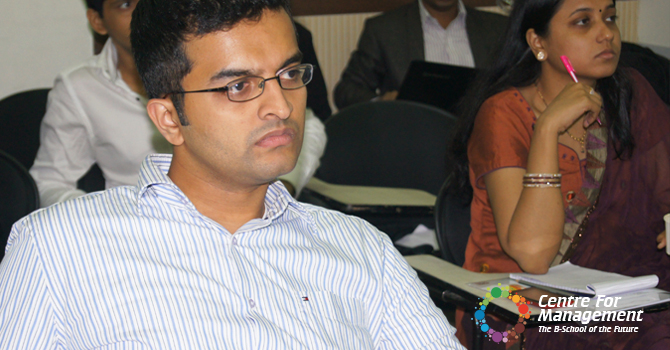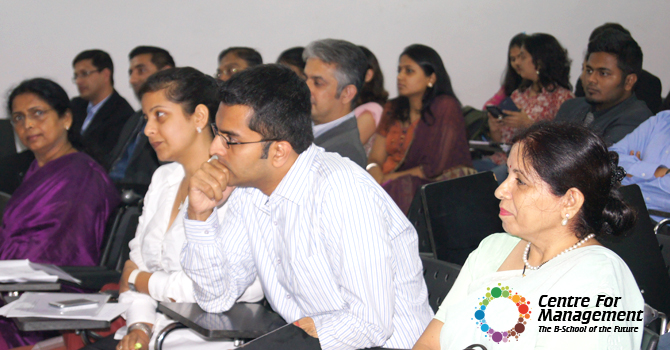Search
Exclusive: 'The biggest driver for a career in finance should be a passion for markets' - Ritish Rangwalla, Research Associate, Morgan Stanley
August 06, 2013

A Textile Chemistry major from North Carolina State University, Mr. Rangwalla was an entrepreneur and co-founder of Colori Inter-Tech before he decided to switch career paths. Armed with an MBA in Capital and Asset Management Immersion from Cornell University, Mr. Rangwalla held financial analyst positions at Brics Securities (Power) and Goldman Sachs (Industrial Machinery Group). Currently he is a research associate at top financial firm Morgan Stanley.
Q: A research associate’s career in a financial firm looks pretty gruelling and unglamorous from the outside. What can a student expect and prepare for to make it in this field?
A: You’ve got to be ruthless about the financial analysis you do. Just because a company offers a financial product doesn’t mean it is good. As a research associate, we analyze stocks day in and day out. Then the biggest crux of our thesis – when we put out our opinion of the company, we have to know everything about it, whether it is good or bad. You cannot put forward a one-dimensional view because there are bankers who are banking on our advice to give them both sides so they can take a call. If somebody is going down that path, you’ve got to be ruthless about your analysis.
Q: You switched from being a Science student to pursuing an MBA way back in ’96.
A: I was an entrepreneur and got tired of it. It was too dogmatic for me. At the time, financial markets were becoming an interest. The way I saw it was: ‘I run a business, I understand what it takes to run a successful business. Maybe I can use these skills to analyse other businesses.’ That’s how the whole idea of a career in equity markets came around. I felt I needed to get the technical skills, so the idea of an MBA fit in.

Ritesh Rangwalla at the judges feedback session after the presentations
Q: A lot of graduates from across streams feel they are losing out if they don’t do an MBA. Is it because an MBA offers a wider scope for professional growth?
A: An MBA offers scope for career switchers, basically. That said, today there is no set rule that if you want to build a career in finance, you need to have an MBA. These skills can be acquired. The biggest driver for people pursuing finance should be that you should really have a passion for markets. And I think a lot of guys today get into finance for its glamour, for the pay scales that you read about in the newspapers, which are not really true. There are very few people who get those pay scales. If you step aside from that, if you enjoy finance on a day-to-day basis – it’s a volatile environment in finance – you should enjoy that kind of environment. You should see if it’s a personality fit. And if you do a little introspection and if you still feel you have it within you, then I don’t think an MBA is the only answer. Post-engineering, start at the base level with any of the financial firms and then move up.
Q: The fields you work in are super specialised – Power, and Mining and Metals prior to that. Did you already know the direction you wanted to take or was it something that evolved?
A: Finance has a lot of areas within it. You should know what area you want to get into, whether you want to be in the real estate side or in equity or fixed income or wealth management. That you should know at the start level. And I think that can be acquired by freshers by meeting professionals in the industry. Just try to meet as many people as you can, take them out for a coffee and try to understand their business and day-to day environment, and then take a call on whether that’s the area you want to go after. But eventually, your thought process will evolve. My thought process evolved too, but within the equity sector. So whether it was going into an MBA or coming out of it, I always knew equities was the personality fit for me.



